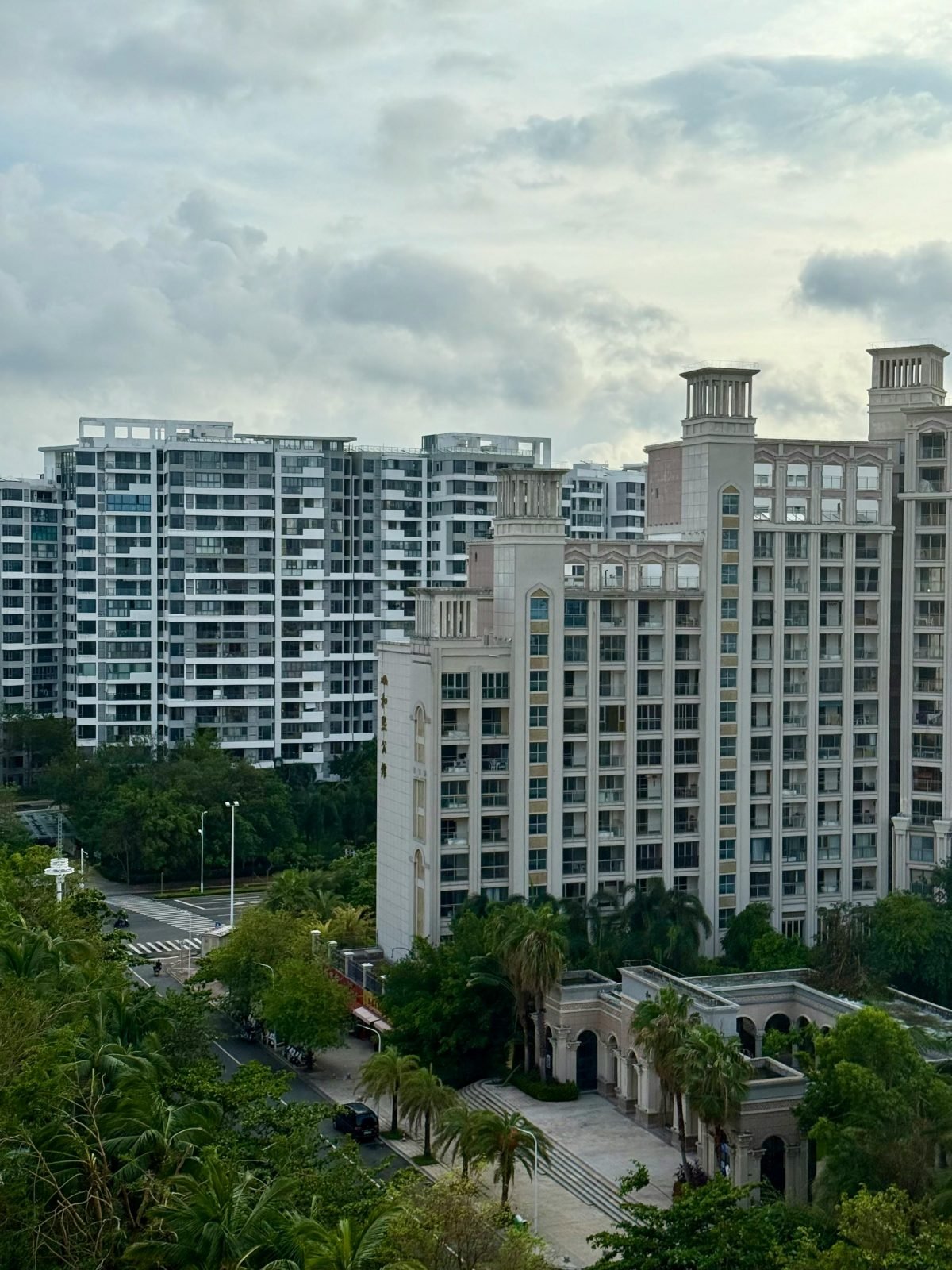As real estate projects grow rapidly across Delhi, Resident Welfare Associations (RWAs) play an important role in ensuring transparency, compliance, and accountability within their communities. The Real Estate (Regulation and Development) Act, 2016, better known as RERA, has become the go-to framework for protecting homebuyers’ rights and regulating builders.
If you’re part of an RWA in Delhi, it’s crucial to understand the latest RERA guidelines and how they impact your community in 2026. This blog breaks down the essentials of Delhi RERA that RWAs should keep in mind, along with practical tips for using RERA effectively.
What is RERA & why does it matter to RWAs?
RERA was introduced to curb fraudulent practices by developers, reduce project delays, and ensure buyers get timely possession and quality homes. While it primarily governs builders and developers, RWAs have an indirect but critical role:
- They act as the voice of residents, ensuring builders stick to their promises.
- They help coordinate with developers for smooth handovers and defect resolutions.
- They assist residents in understanding their legal rights and options under RERA.
For RWAs, awareness of RERA guidelines helps protect residents’ interests and promotes healthier relationships between builders and residents.
Key Delhi RERA guidelines RWAs should know
1. Mandatory project registration:
Every builder must register any residential or commercial project with the Delhi RERA authority if it covers more than 500 square meters or has more than 8 units. This ensures projects are officially recorded and monitored.
- Registration details include project plans, approvals, timelines, and financial disclosures.
- RWAs should encourage residents to verify if their housing project is registered on the official Delhi RERA portal.
2. Project timelines & updates:
Developers are required to upload Quarterly Progress Reports (QPRs) showcasing construction progress, approvals received, and sales figures.
- This transparency lets RWAs and residents monitor if the project is on track.
- Delays must be reported, and completion certificates uploaded once ready.
3. Escrow account for fund management:
Builders must deposit 70% of the money collected from buyers into a dedicated escrow account linked to the project.
- This fund is strictly for construction and cannot be diverted.
- RWAs can use this information to reassure residents about proper fund utilization.
4. Agent registration & accountability:
Real estate agents representing a project must be registered with Delhi RERA and linked to that project.
- RWAs should ensure no unregistered agents are marketing properties within their societies to protect residents from fraud.
5. Complaint redressal mechanism:
RERA provides a platform for buyers to file complaints related to delays, quality issues, or misrepresentations.
- RWAs can assist residents in filing complaints using Forms M (general complaint) and N (adjudication) on the Delhi RERA portal.
- Complaints are usually resolved within 60 days.
How can RWAs leverage RERA for their communities?
1. Regular portal monitoring:
Assign a committee member to track your project’s status on the Delhi RERA portal every quarter. Check if:
- The builder has uploaded the latest QPR.
- The project status matches reality.
- The escrow account details are available.
2. Educate residents:
Host information sessions or circulate newsletters explaining what RERA means for homeowners and how to use the portal to check project details or file complaints.
3. Verify agents:
Institute society rules requiring all real estate agents to provide valid Delhi RERA registration numbers before entering the society. This prevents unauthorized and potentially fraudulent sales activities.
4. Collective complaint filing:
If your society detects builder violations, collaborate to file complaints as a group rather than individual residents. Collective action often speeds up resolution.
What about projects in ‘Abadi’ or ‘Lal Dora’ areas?
RERA regulations in Delhi have clarified that even projects in abadi or lal dora zones must register if they meet the area or unit count criteria. Many older housing societies fall under these zones, so it’s important to check whether your builder is compliant.
Challenges & limitations RWAs should be aware of
- Some smaller projects or individual builder plots may not come under RERA.
- RERA primarily deals with builders, so it won’t handle internal society disputes, but it can influence handover quality and timelines.
- Enforcement can be slow; patience and persistent follow-up are necessary.
Delhi RERA’s evolving rules aim to balance the scales between developers and buyers. For RWAs, understanding these rules means you’re not just passive observers you become informed advocates who can safeguard residents’ investments and push for timely project completion.
By regularly monitoring RERA updates, educating your members, verifying agents, and knowing how to file complaints, your society can wield RERA as a powerful tool to improve living standards and accountability.


